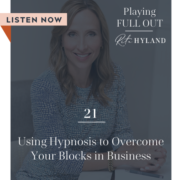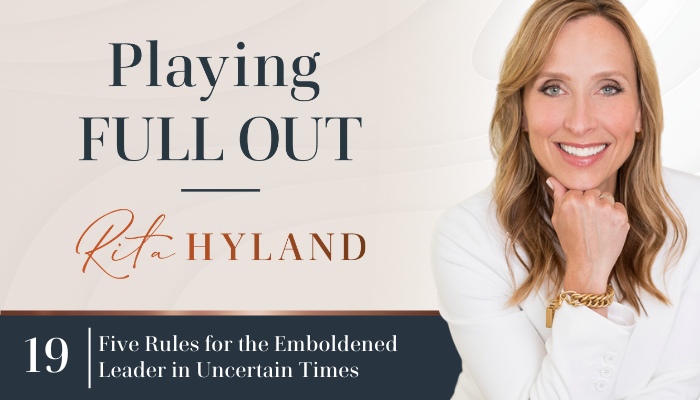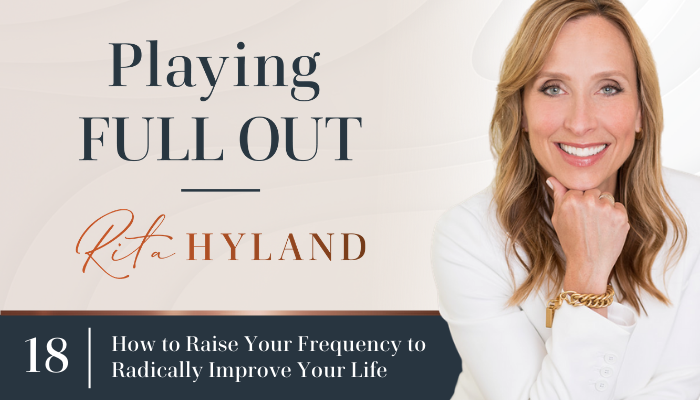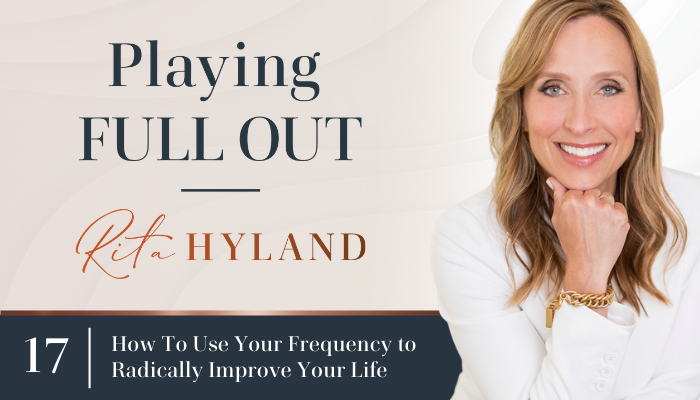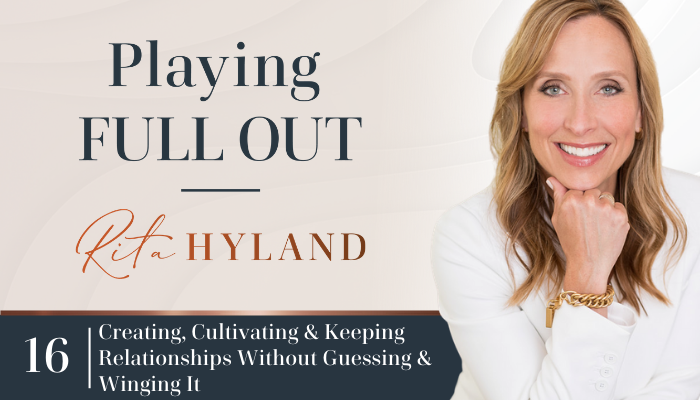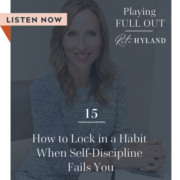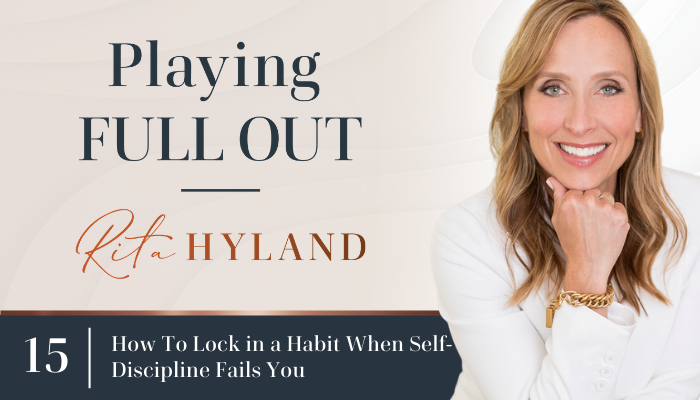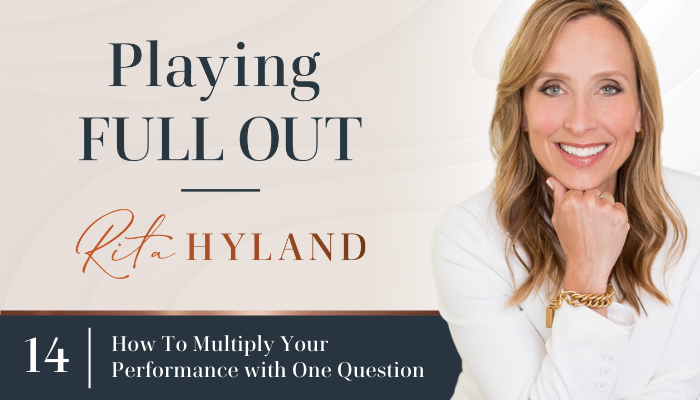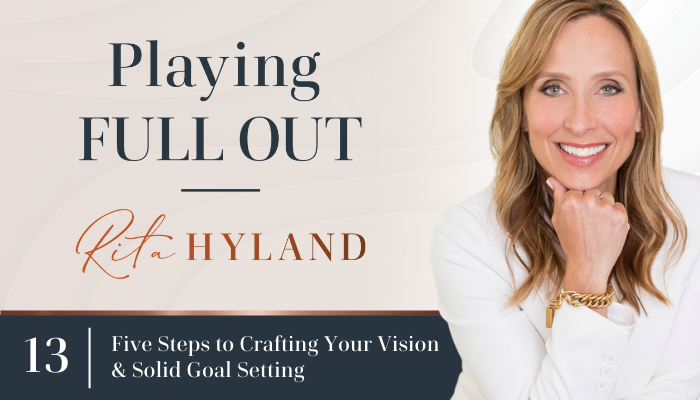Why What You’re Bypassing Is Likely Blocking You
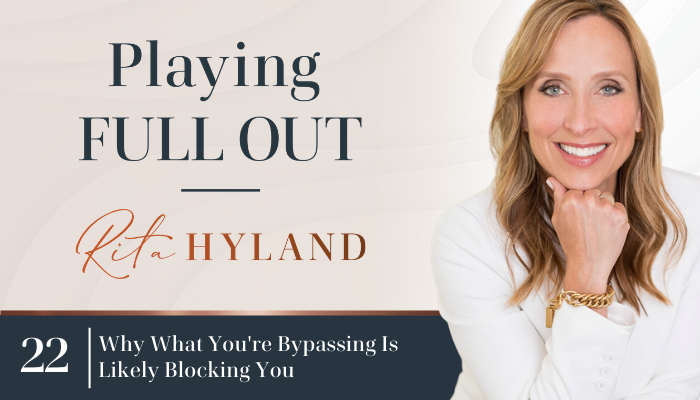
If you’ve recently felt unsettled, agitated, drained, or sad you are not alone. Discomfort, negativity, and uncertainty are emotions that are common and have only been amplified in light of today’s global pandemic, national civil unrest, and economic disruption. And I’ve felt them too. While these feelings are common, the counter-intuitive process I share to support you in dropping the fight with these feelings is not. In this episode, learn how to use a strategy to release the stress and to stay connected to yourself without numbing out or running so you can breakthrough. I even share a personal story to show you how this looks…
You can listen to the full podcast episode here, or continue reading below.
Resources:
- If you’d like to be notified of when new podcast episodes are released, you can do so here: Playing Full Out
- Learn more about the Inside Out Method
Subscribe on Apple Podcasts for more tips, tools, and inspiration to leading the optimal vision of your life, love, and leadership. Remember, a half version of you is not enough. The world needs the fullest version of you at play.
___
About Rita Hyland
With over 20 years of experience as an executive and leadership coach, Rita helps leaders — emerging and established — excel in corporate and entrepreneurial environments.
Rita believes if leaders were more clear about how transformation really works and more intentional about creating what they want, their impact, success, and influence in the world would be unstoppable.
Through her coaching programs, private coaching, and masterminds, Rita shows leaders how to win consistently and create the impact and legacy they desire.
Central to Rita’s work is the understanding that you will never outperform your current programming, no matter how strong your willpower.
When you learn to use Rita’s proprietary Neuroleadership Growth Code, a technology which uses the best of neuroscience and transformational psychology to hit the brain’s buttons for change, YOU become both the solution and the strategy.
Her mission is to end talented, hard-working, and self-aware leaders spending another day stuck in self-doubt or confusion and not contributing their brilliant work and talent the world so desperately needs.


